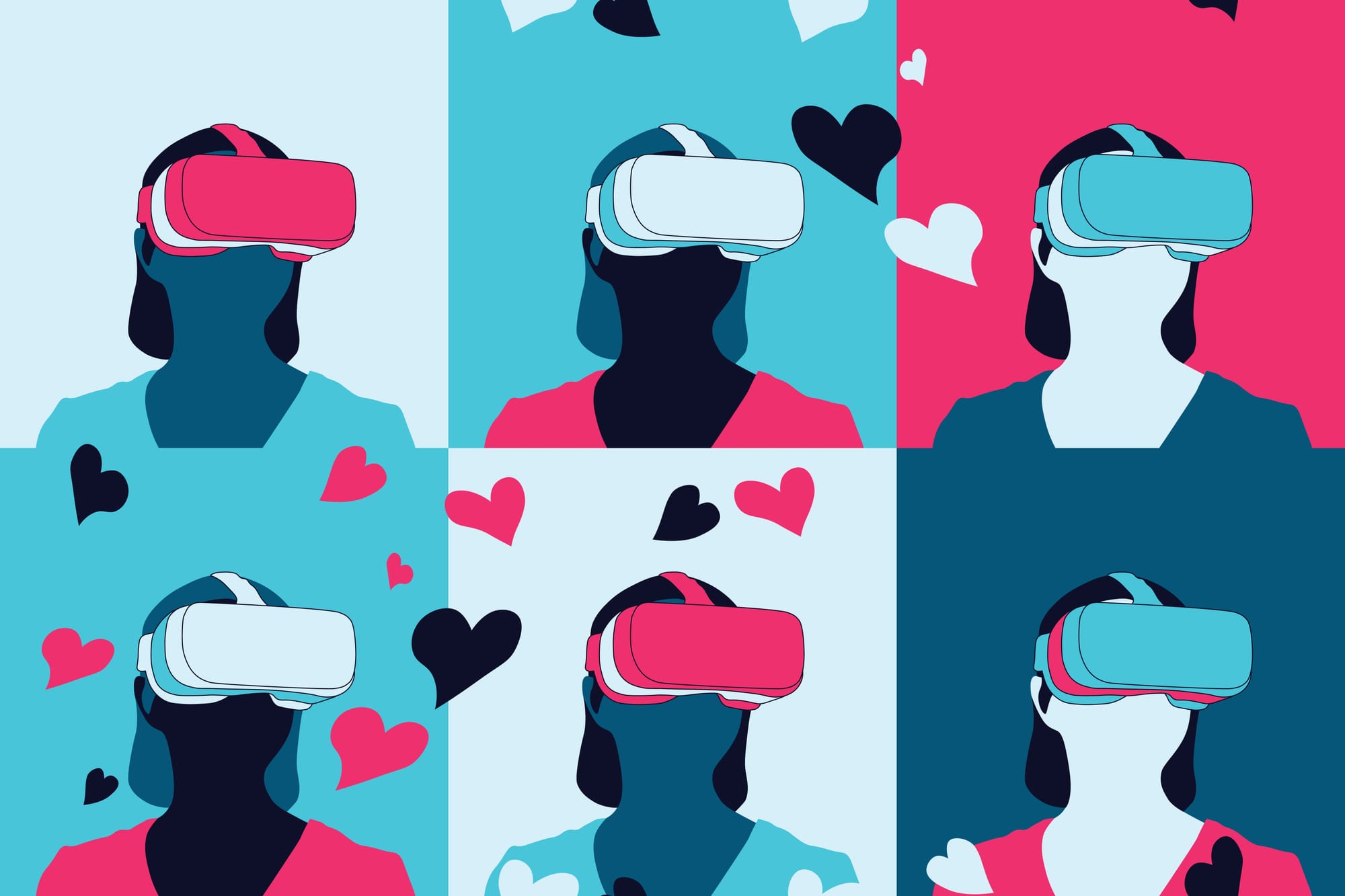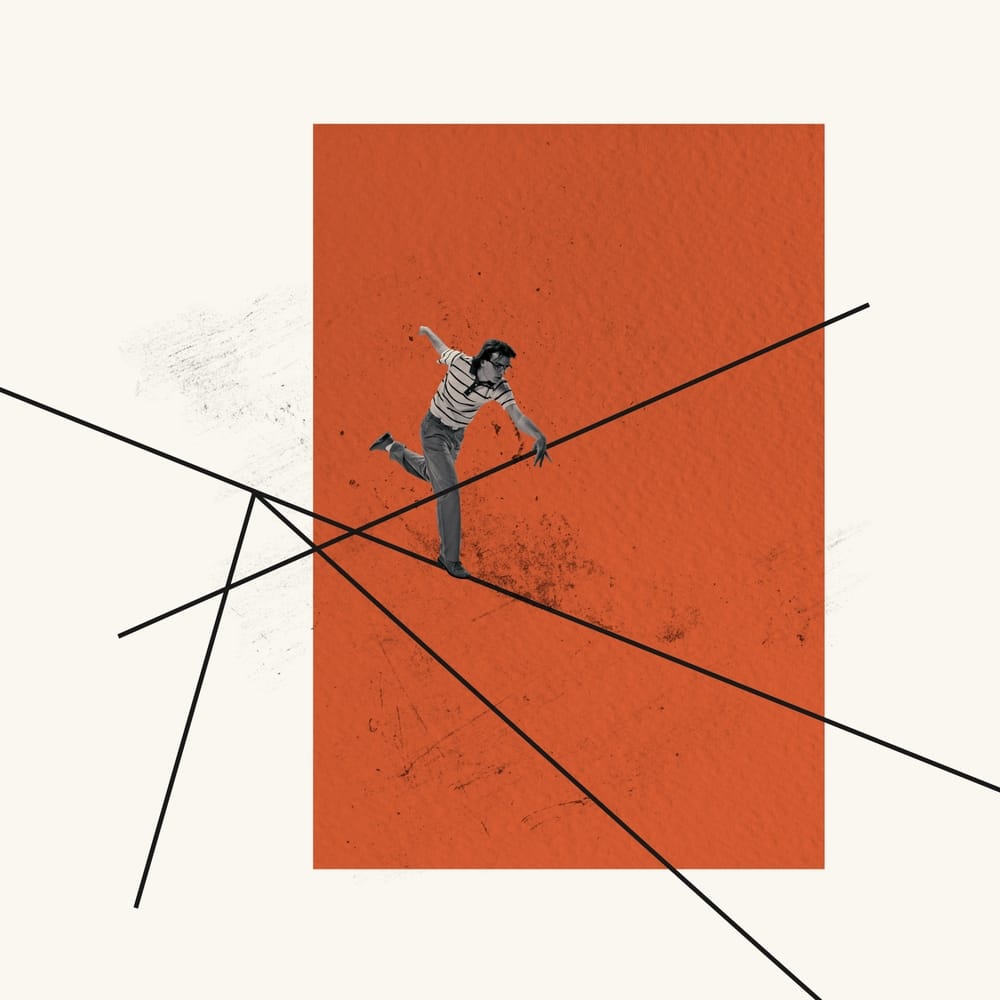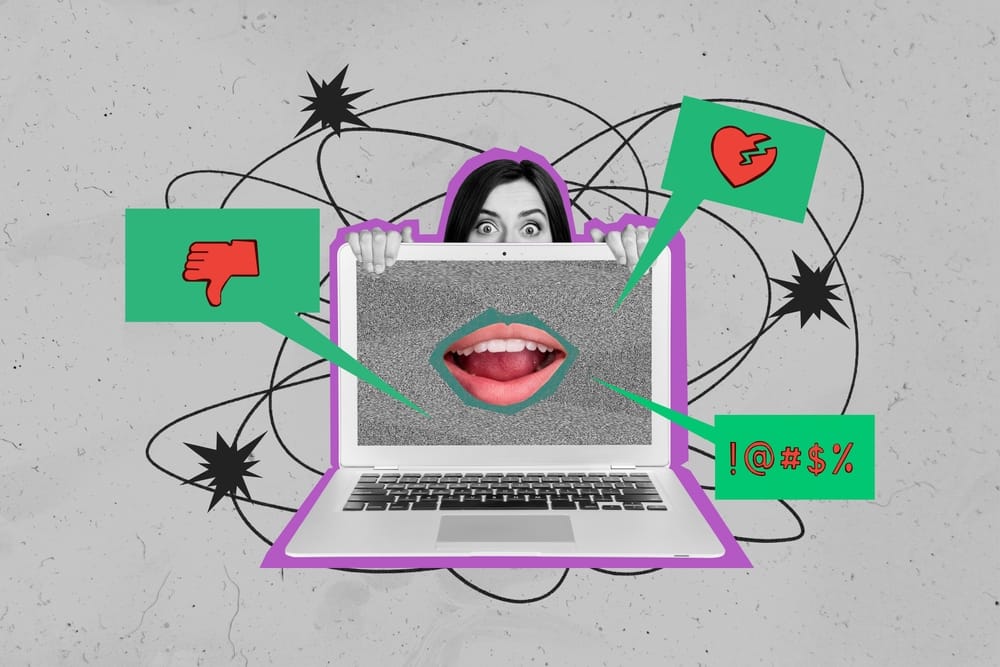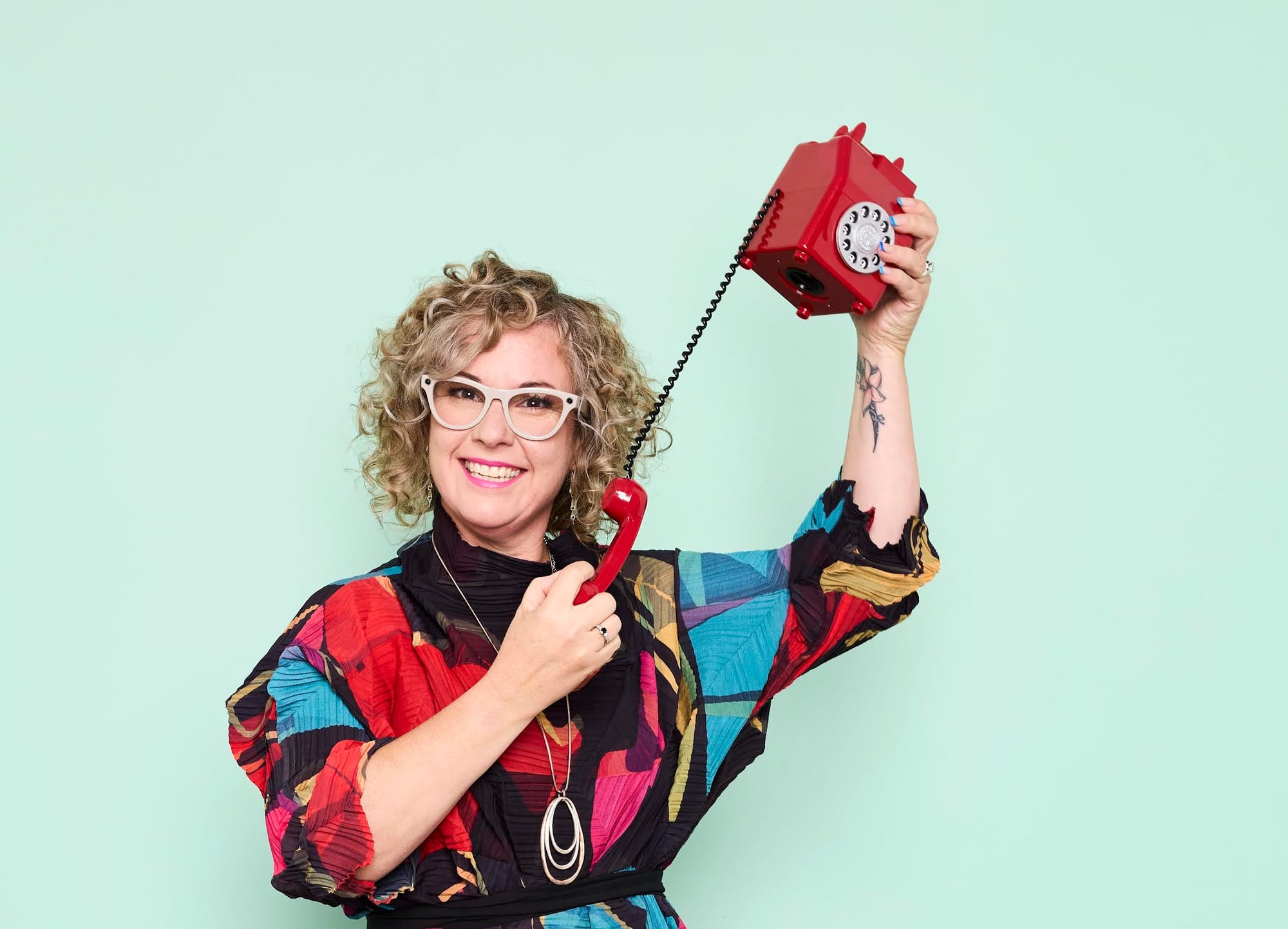
Virtual reality, real change
VR therapy tackles youth anxiety in Aotearoa
Driven by anxiety
At just 18 years old, Nat experienced anxiety attacks almost every time she left the house. She avoided public spaces, rarely saw friends and struggled to reach out for help – or sticking with help when mental health support was offered.
With anxiety firmly in the driver’s seat, Nat was like so many of New Zealand’s rangatahi: scared, isolated and stuck. But things were about to change.
Innovation from digital health provider Ignite
After two months at Tiakina, a Ka Puta Ka Ora Emerge Aotearoa youth mental health service in Christchurch, Nat was offered the chance to try something new: a Virtual Reality (VR) exposure therapy pilot developed by digital health provider Ignite, in partnership with oVRcome.
Participants of the VR pilot are carefully exposed to simulations of real-world, anxiety-inducing environments, such as busy malls or crowded elevators. With guidance from trained mental health professionals, young people can use the VR headsets to safely explore their triggers and learn how to manage their responses.
The initiative builds on the success of Ignite and oVRcome’s earlier VR pilot, which helped young people quit vaping by placing them in simulated peer-pressure and craving scenarios. The success of that programmesparked the idea to apply the same immersive tools to social anxiety – one of the most common but debilitating mental health issues among young people in Aotearoa.
“So much progress wouldn’t have been made unless it was for the VR,” Nat says. “I’d recommend it a hundred million percent.”
Now, just months later, Nat is studying for a Health and Wellbeing Certificate, with plans to become a Support Worker. She’s even doing a placement at Tiakina, the very place where her journey began.
Through VR, she learned how to sit with discomfort, calm her thoughts using affirmations like “I’m okay” and “I’m safe,” and most importantly, regain a sense of control over her life. She credits much of her progress to the kindness and patience of the Tiakina team, who supported her at her own pace with regular check-ins after each session.
Following the success of the pilot, Ignite has now incorporated VR therapy for social anxiety into its ongoing service offerings. The goal is to make this innovative therapy available to more rangatahi across Aotearoa.


